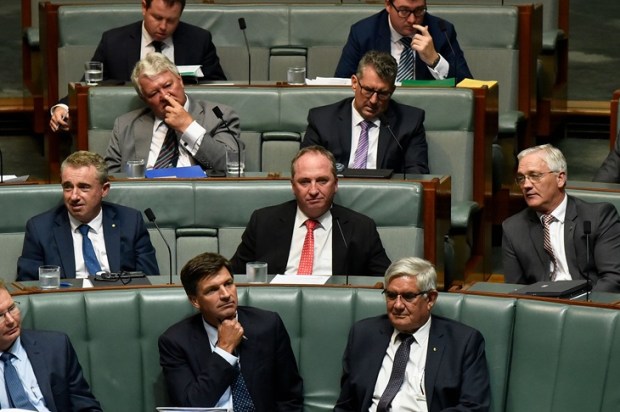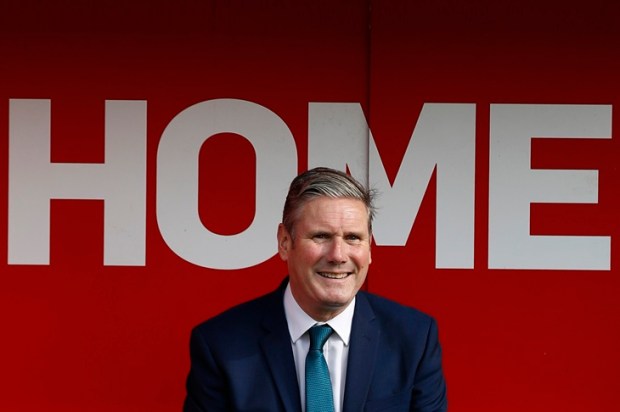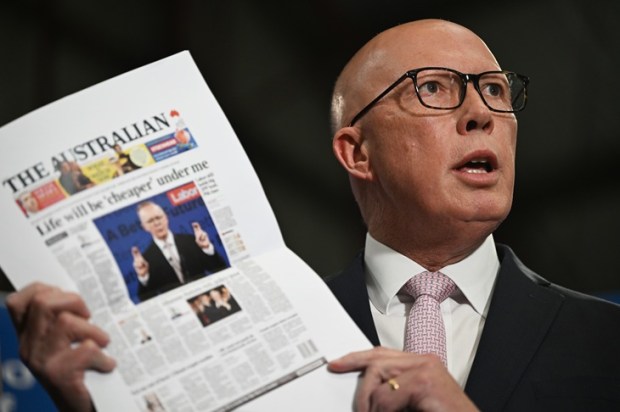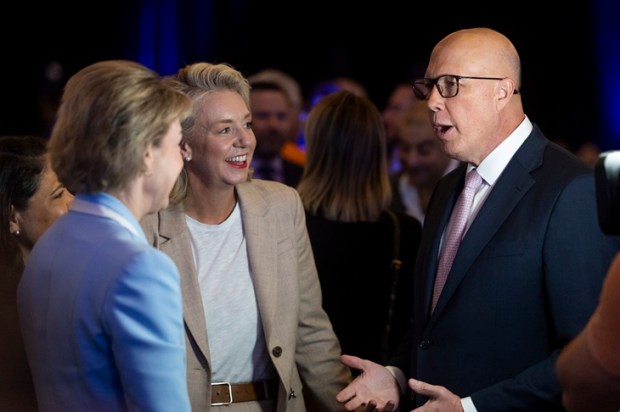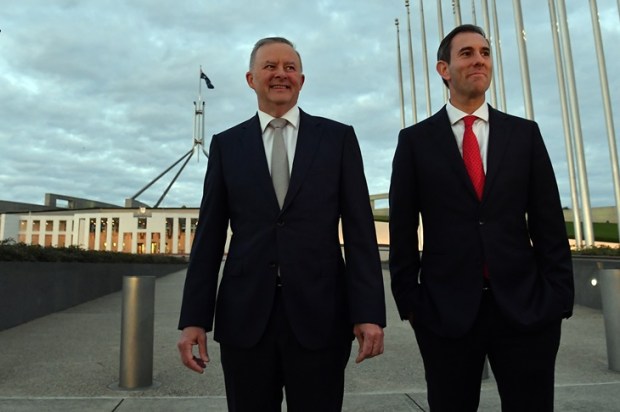One of my economics professors at university once said that when someone tells you the results of their economic modelling, the first thing you should ask them is how many times they ran the model.
It’s sage advice.
Economic modelling, just like any other modelling, is not magic. It doesn’t provide a certain view of what the future holds. It’s really nothing more than a glorified maths equation. If you adjust your variables or chance your assumptions, it spits out a different answer.
That’s not to say it is not useful. Modelling can be helpful in exploring what the potential pros and cons of a given policy choice are. They can help us to understand the relationship between two or more variables. The people who create and run these models are smart, technically capable people. But they aren’t fortune tellers.
The Australian political class is obsessed with modelling. They point to their models as evidence that their policies are the best ones. They point to their models as evidence that their opponent’s policies are the worst ones.
The beauty of modelling is that it gives an aura of independence and expertise to a given topic. ‘I’m not just saying that, look this supercomputer agrees with me!’
Modelling is often flawed. Again, that does not mean it is completely pointless or that we should never use it. Just that we need to be aware of its limits.
Before the 2022 election, Anthony Albanese bandied about modelling which ‘proved’ that Labor’s renewable energy plan would see household power bills reduced by $275 in three years. Albanese was so confident in his pledge, saying he didn’t just think it would work, he knew it would.
‘Well, I don’t think I know,’ he said at the time. ‘I know because we have done the modelling.’
Last week, Labor walked away from this modelling and with it their promise to cut power prices.
That was just a formality. Any Australian who has paid an electricity bill in the last three years knows that Labor’s policies have caused significantly higher power prices. They have deployed subsidies to obfuscate this fact, but there is no denying that power has become much more expensive under Labor.
This is not surprising, but it is terrible for Australians. Australia is one of the most energy-rich countries on the planet, but we face high prices for electricity and looming shortages of natural gas.
This strange dynamic has been referred to as the ‘paradox of plenty’. Australia has plenty of energy resources, but an unwillingness to develop them and secure our energy security.
Peter Dutton has at least indicated a willingness to fast-track the development of more natural resources projects. But his recently announced policy of forcing some domestic reservation of natural gas production shows the difficult situation Australian politicians – including under the previous Liberal-National coalition government – have chosen to impose. Getting more energy into the system in the short term requires the kind of intervention ‘dry’ Liberals would not be comfortable with.
The best energy policy would be one of abundance. With no preference for one source of one fuel source or another, attracting investment into the projects we could be developing with fast, sensible approvals processes, and minimising the costs of development to the greatest extent possible.
But successive governments have chosen to pursue a different policy. They have piled up regulation on regulation, duplicated approvals processes between state and federal departments (which can often result in different outcomes that cause even more confusion), and increased the costs of consultation, compliance, and construction. On top of all this, an approval is no longer an approval given the numerous avenues for legal challenges and delay which ideological opponents or vested interests can mount.
Even if all this were overturned tomorrow and Australia became a paradise for investment, it would take some time for new projects to be developed and for more energy to become available. That is why Dutton has made the no doubt difficult decision to propose more intervention to improve the situation in the short term.
Australians will continue to see high power prices until our politicians decide to embrace energy abundance.
To achieve this, Mr Dutton should be unashamedly pro-energy security and energy independence. This means slashing all the red tape and removing all the roadblocks politicians have placed in the way and making Australia supremely attractive for investment in our vast coal, gas, and uranium deposits.
We cannot be regulated to prosperity. But we have been regulated into energy poverty.
Cian Hussey is an economist and public policy analyst.


